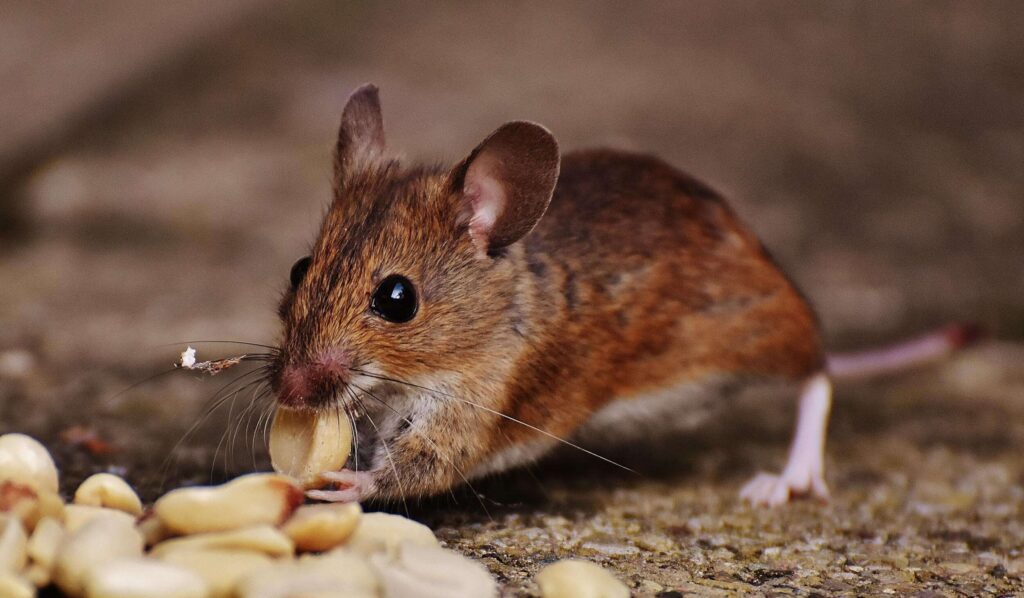What challenges or obstacles are faced in wildlife waste cleanup
What challenges or obstacles are faced in wildlife waste cleanup, and how can they be overcome?
Daftar Isi
Harming Nature
Cleaning up wildlife waste is tough as it’s about more than just picking up trash. Several diverse types of waste, like plastics and elements, can hurt animals and their homes. Sometimes, these places where leftovers are found are far away or protected, so it takes a lot of work to reach them. And more, there needs to be sufficient money or people to help clean everything up correctly. To create things well, we want to work together. Governments, groups, and local communities all must connect forces. We should create exacting instructions about removing waste, boosting reusing, and using tools to clean up quickly. Teaching and including local people can also aid in keeping things clean in the lengthy run.
Cleaning up wildlife waste is tough because
By using cool plans and special implements, being concerned about nature, teaching people, and knowing which animals are which, we can cope well with garbage without disturbing nature’s balance. Don’t overlook that when animals have a fresh home, the full earth stays recovered for everybody.
Hard-to-Reach Areas
frequently survives in places that are tough to reach, like deep jungles or faraway seashores. Transporting people and equipment there costs a lot of money and time, and a bad climate can make it even tougher.
Different Kinds of Waste
waste of wildlife is approached in all forms and sizes. Sometimes it’s great lifeless animals, sometimes it’s only animal poop. Each kind of waste wants distinct handling. Numb animals can decay and spread illnesses if not taken care of correctly. Animal poop is complicated to discover and gather, and it can be gross to handle as of the germs it might bring.
Harming Nature
If we don’t clean up wildlife waste cleanup wisely, it can mess up the atmosphere. For instance, the removal of animal poop means bugs and fungi don’t have foodstuff, which can sadden the stability of nature. And if we incorrectly gather poop, it can mess with how plants grow in the soil.

How People Feel
People don’t like dealing with waste left by animals. It makes them not need to help clean up., making it tougher to find helpers and get money for cleaning up.
It can be difficult to tell whose waste is in spaces where diverse animals live. This is particularly key for unusual or safe animals. We want to be alert and not unintentionally remove waste that’s key to the atmosphere.
Overcoming the Obstacles
Use tools like drones to locate waste and plan the best techniques to clean it up. Also, getting aid from local people who recognize the area well can create stress-free conditions.
Special Tools
Creating lightweight and easy-to-carry apparatus only for cleaning up leftovers in wild places can make them work much faster. This might mean using distinct bags that break down naturally and minor machines to clean things.

Nature’s Balance
We should clean up remaining in a method that fits with the atmosphere it’s in. For instance, we can start plans to turn plant-eating animal waste into nourishment. And for minor animals, we can allow their waste to break if it’s harmless.
Teaching the Public
Teach people why managing waste in the wild is key. By clarifying how waste moves nature and giving people chances to help, we can make everybody more alert and involved.
Knowing the Animals
using science to understand which animals are left behind, we can concentrate on protecting them well. This helps us avoid unintentionally eliminating vital waste and defend animals well.
Conclusion
Cleaning up wildlife waste is tough as it’s frequently in faraway places, there needs to be more money, and it can be risky. Reaching these places is threatening, and we want special gear and expert people. And more, there’s only so much waste to deal with! Everybody wants to work collectively to fix this – governments, groups serving animals, local communities, and businesses. We can provide more money, use equipment to clean well, and get people involved in cleaning up. We must also set exact rules to discontinue more pollution and make sure we handle waste in a good way. We can create good things for animals and nature in the long run if we all participate.


